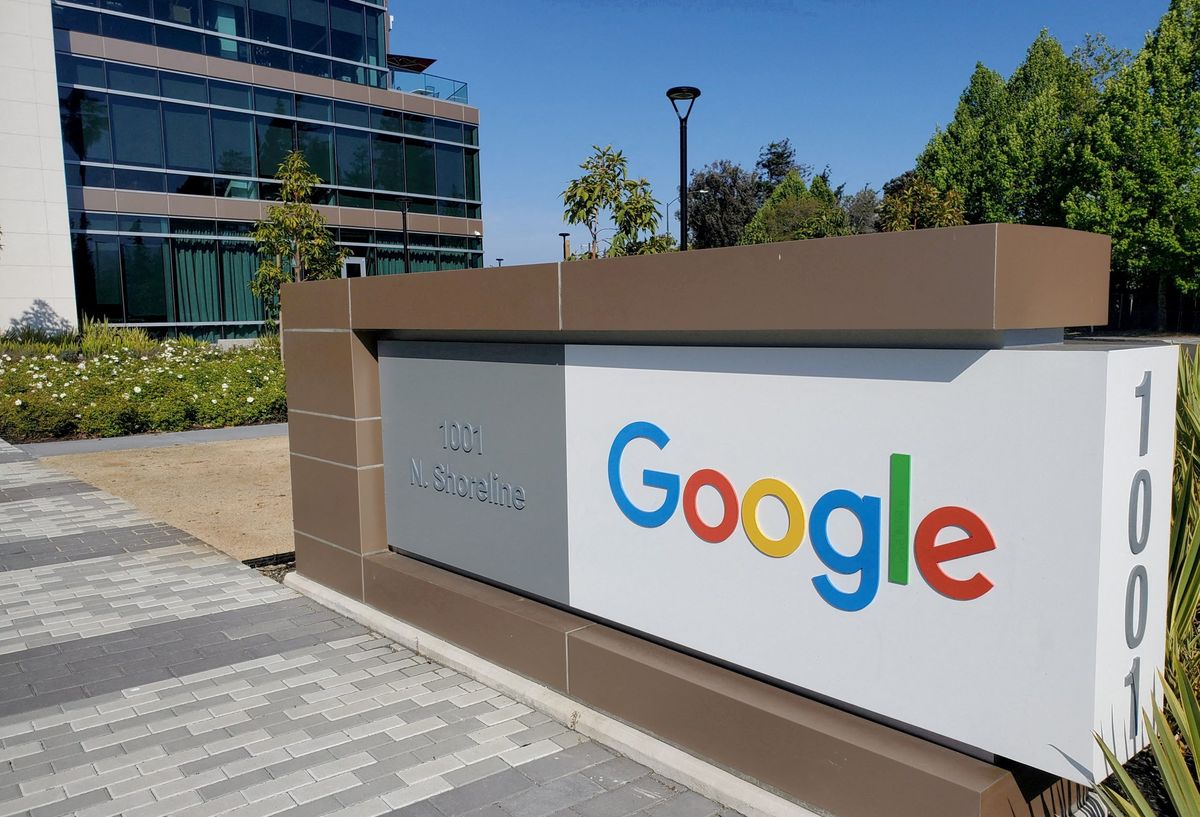Under new EU law, tech giants will need to explain their algorithms

A few minutes every morning is all you need.
Stay up to date on the world's Headlines and Human Stories. It's fun, it's factual, it's fluff-free.
Over the weekend EU lawmakers were again busy cracking down on tech giants. The group broadly came to an agreement on a Digital Services Act (DSA), which essentially will find ways to make tech giants like Google and Meta more accountable for the content that appears on the platforms. The final draft of the DSA is yet to be released, but it says things like platforms that suggest content to you should be transparent about their methods and users should be able to easily flag illicit content. If a company doesn’t listen, it can be fined up to 6% of its turnover.
This still needs to be voted into law, but this step is mostly just a formality. It’ll apply to all companies 15 months after being voted into law or from January 1, 2024, whichever is later.
Key comments:
“The Commission welcomes the swift political agreement reached today between the European Parliament and EU Member States on the proposal on the Digital Services Act (DSA), proposed by the Commission in December 2020. The DSA sets out an unprecedented new standard for the accountability of online platforms regarding illegal and harmful content. It will provide better protection for internet users and their fundamental rights, as well as define a single set of rules in the internal market, helping smaller platforms to scale up,” wrote the EU Commission.
“Today’s agreement on the Digital Services Act is historic, both in terms of speed and of substance,” said European Commission President Ursula von der Leyen. “The DSA will upgrade the ground-rules for all online services in the EU. It will ensure that the online environment remains a safe space, safeguarding freedom of expression and opportunities for digital businesses. It gives practical effect to the principle that what is illegal offline, should be illegal online. The greater the size, the greater the responsibilities of online platforms. Today’s agreement – complementing the political agreement on the Digital Markets Act last month – sends a strong signal: to all Europeans, to all EU businesses, and to our international counterparts.”







Comments ()